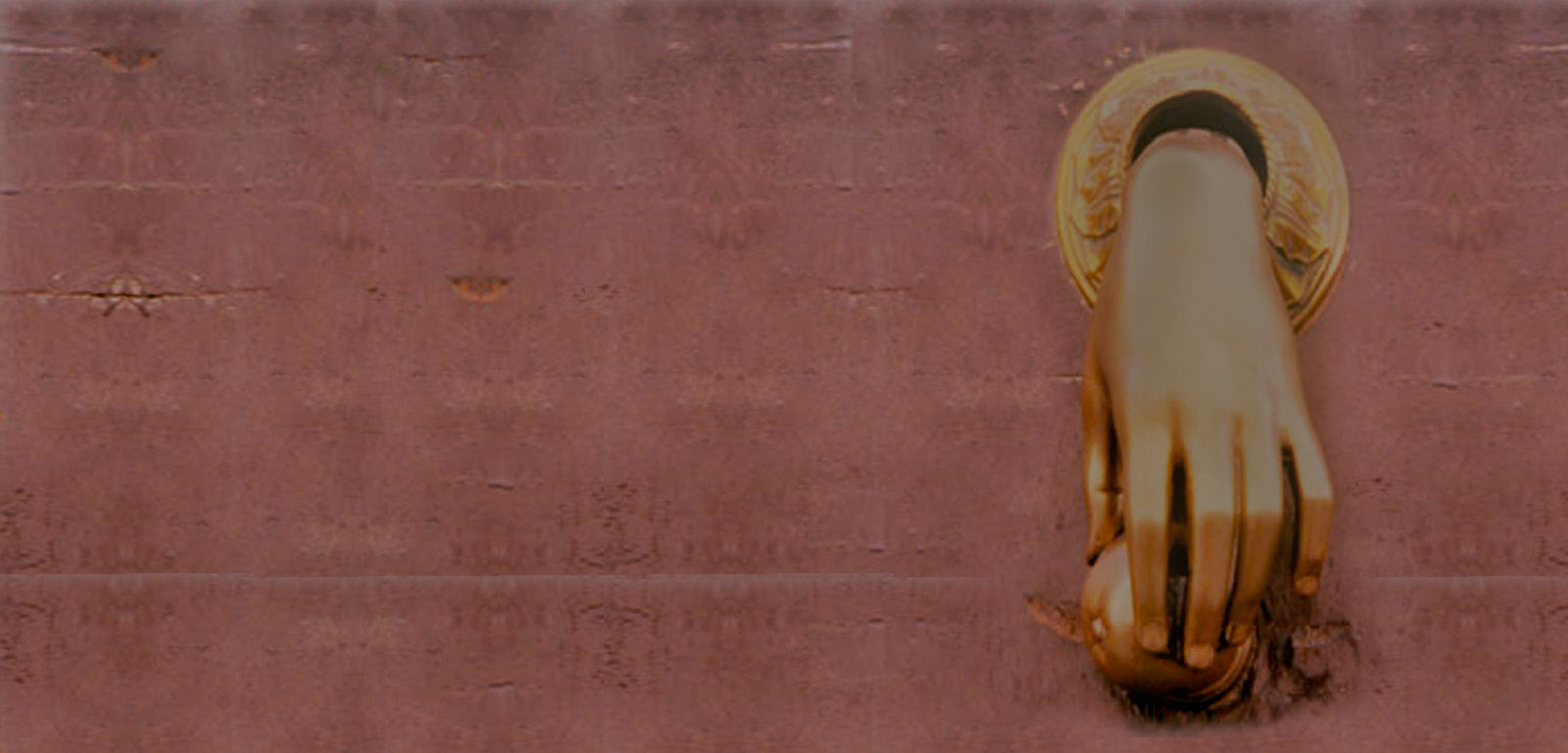Programa
Study load toggle-navigation
Specialities toggle-navigation
- Built Heritage: Characterisation, Intervention and Conservation ( Credits : 25 ECTS )
- Built Heritage: Management and Enhancement ( Credits : 25 ECTS )
Programme toggle-navigation
Compulsory subjects
| Subject | Languages | ECTS Credits | Specialities / Syllabus | Teaching Base | Mode |
|---|---|---|---|---|---|
| Concepts of Architectural Restoration and Intervention | English | 3 | -- | University of the Basque Country
(
Higher Technical School of Arhitecture
)
| Face-to-face degree course |
| Knowledge of the Architecture of the Past and of Historic Centres | English | 9 | -- | University of the Basque Country
(
Higher Technical School of Arhitecture
)
| Face-to-face degree course |
| Scientific Methodology in Research Projects and Professional Practice in Master Plans | Spanish | 3 | -- | University of the Basque Country
(
Higher Technical School of Arhitecture
)
| Face-to-face degree course |
Optional subjects
| Subject | Languages | ECTS Credits | Specialities / Syllabus | Teaching Base | Mode |
|---|---|---|---|---|---|
| Archaeology of Architecture | Spanish | 5 | Built Heritage: Management and Enhancement | University of the Basque Country
(
Faculty of Arts
)
| Face-to-face degree course |
| Heritage Cataloguing, Protection, Regulation and Legislation | English | 5 | Built Heritage: Management and Enhancement | University of the Basque Country
(
Higher Technical School of Arhitecture
)
| Face-to-face degree course |
| Heritage Management | Spanish | 5 | Built Heritage: Management and Enhancement | University of the Basque Country
(
Faculty of Arts
)
University of the Basque Country
(
Higher Technical School of Arhitecture
)
| Face-to-face degree course |
| Lighting, Sound and Colour in Refurbishment | English | 5 | Built Heritage: Characterisation, Intervention and Conservation | University of the Basque Country
(
Higher Technical School of Arhitecture
)
| Face-to-face degree course |
| Rehabilitation of pre-existing buildings and recent Heritage | English | 5 | Built Heritage: Characterisation, Intervention and Conservation | University of the Basque Country
(
Higher Technical School of Arhitecture
)
| Face-to-face degree course |
| Structural Consolidation Techniques | English | 5 | Built Heritage: Characterisation, Intervention and Conservation | University of the Basque Country
(
Higher Technical School of Arhitecture
)
| Face-to-face degree course |
| Structural, Structure and Intangible Characterisation: Preliminary Analyses | Spanish | 5 | Built Heritage: Characterisation, Intervention and Conservation | University of the Basque Country
(
Higher Technical School of Arhitecture
)
| Face-to-face degree course |
Final Master's dissertation
| Subject | Languages | ECTS Credits | Specialities / Syllabus | Teaching Base | Mode |
|---|---|---|---|---|---|
| Master Thesis | 20 | -- |
Methodology
The main objective of the Masters degree focuses on preparing professionals to be capable of conducting research and innovation in the development of comprehensive restoration projects of built heritage and retrofitting their environment. Further training will be achieved through multidisciplinary training, allowing them to acquire skills geared towards identifying and developing innovation opportunities for companies in the sector, academia and society in general. At the same time, the Masters degree aims to develop innovation-oriented behaviours, to make sound decisions in a changing environment and to training in research process leaderships and work team management. All while respecting the fundamental rights and equal opportunities between men and women, maintaining the principle of equal opportunities and accessibility for people with disabilities, and generating a progress-oriented culture, sustainable development, culture, social responsibility and democratic values.The Masters degree is aimed at training the different kinds of graduates in research (Architects, Physicists, Engineers, Chemists, Historians, Economists, etc.), who may be part of multidisciplinary teams in the public (Public Authorities) or private domain in the future. This training will therefore cover the need to exploit the synergy contributed by different professionals from different backgrounds towards the conservation of Heritage.Fourth, and last, it is intended that students know to conveniently submit their work and opinions, and also develop and draft research work. Many Subjects will be evaluated taking into consideration students' realisation and presentation of real cases.Assessment
Teaching and evaluating all Subjects offered in the Masters degree, obviously including the Masters degree Final Project, is eminently practical. Students will be in permanent contact with the analysis of actual case studies. Students¿ progress of knowledge will be assessed, almost comprehensively, by performing practical work in a multidisciplinary environment. The Academic Committee of the Masters degree may authorise the completion of the Masters degree Final Project under different assumptions: specific practical individual work, teamwork on a first order case, specific work on ongoing actions and other duly justified proceedings. In any case, it will be ensured that students acquire all the Competences of the Masters degree in Restoration and Comprehensive Management of Built Heritage.- Number of credits ECTS : 20
- Master's Final Project teachers


